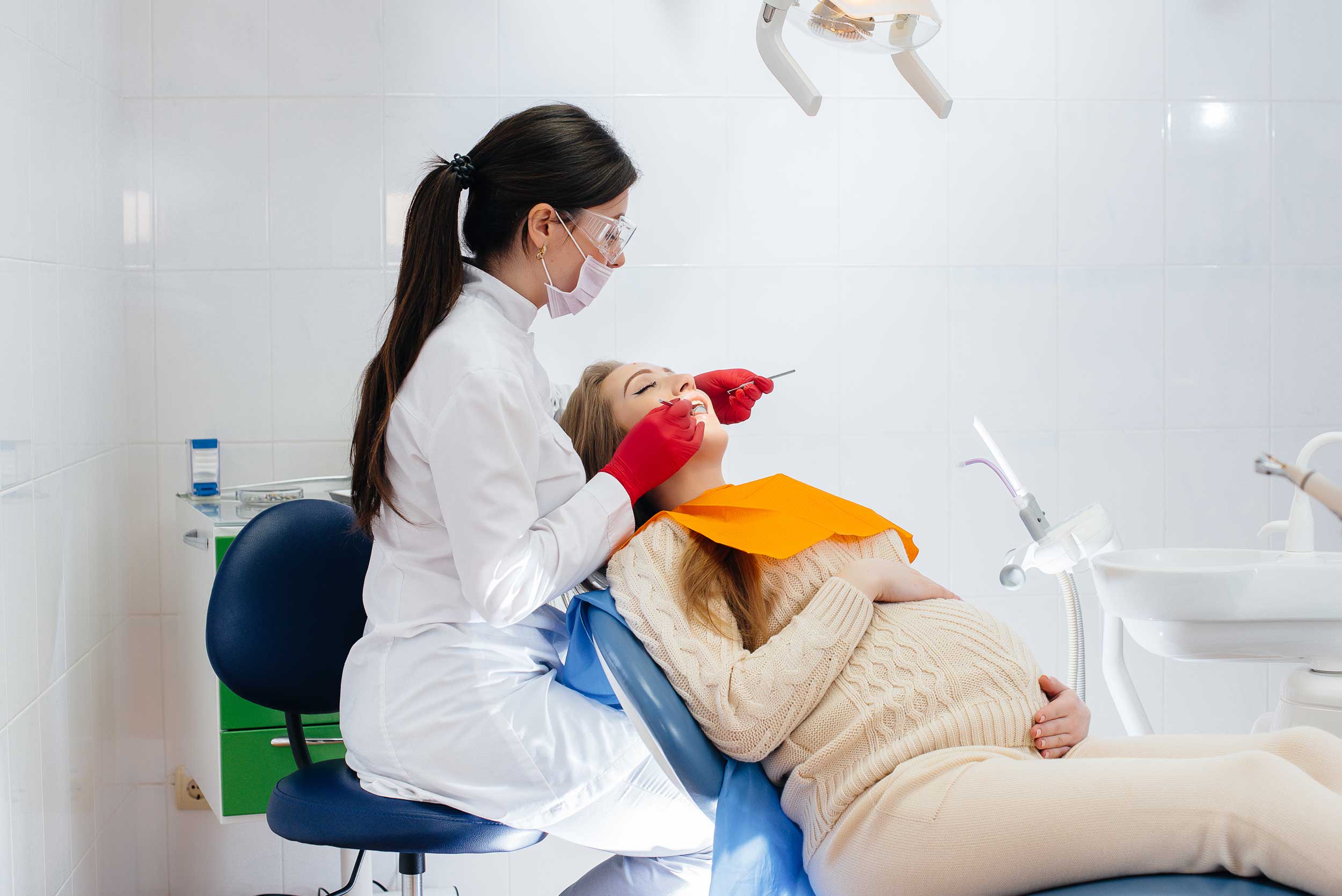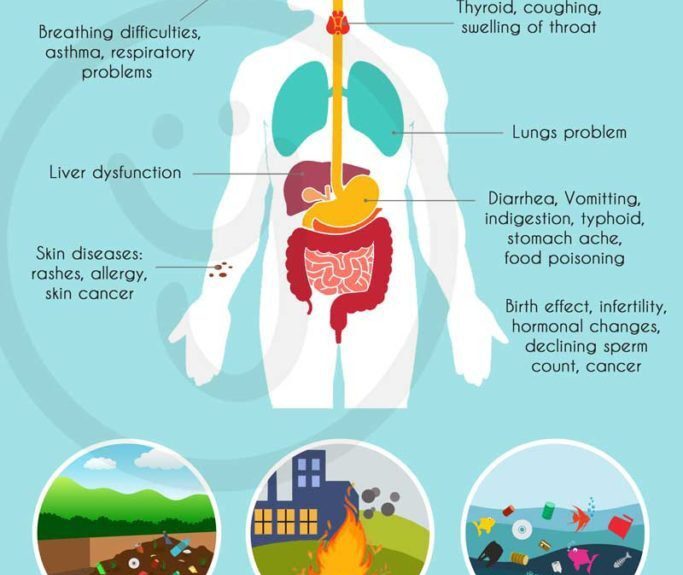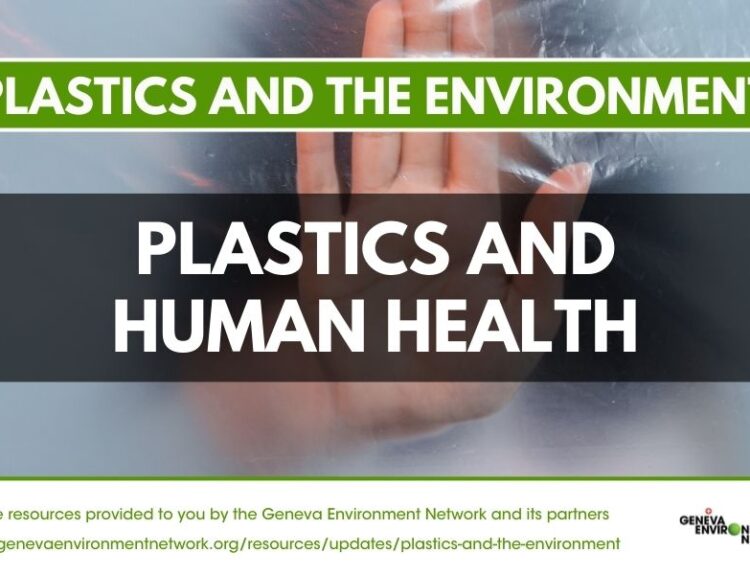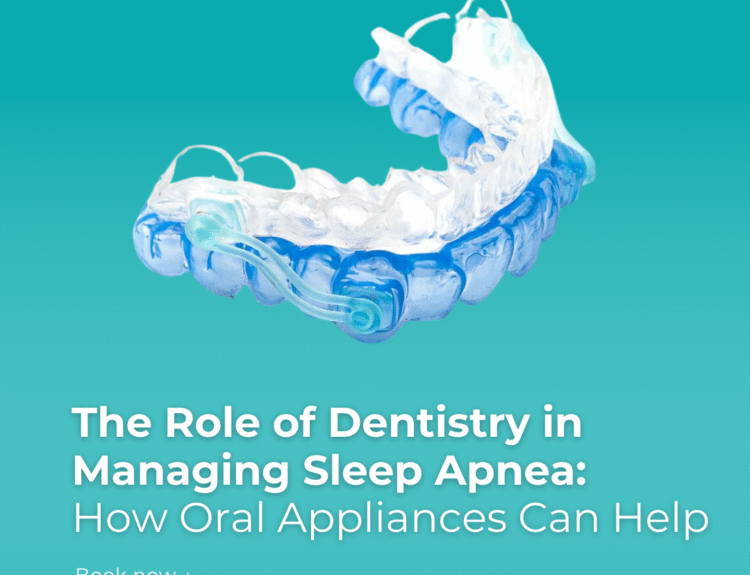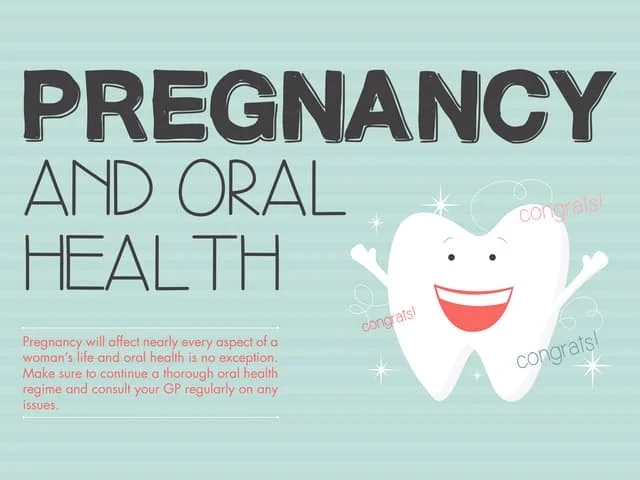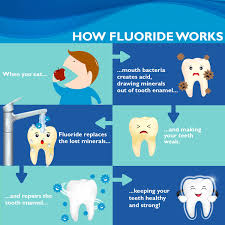Hormonal fluctuations during pregnancy can significantly impact oral health, increasing the likelihood of gum disease and other issues. Therefore, dental care is vital for both maternal and fetal well-being. While dental treatment is generally safe, the type and timing of procedures matter. They should be carefully considered based on the stage of pregnancy.
Preventive Treatment: (Safe in All Trimesters): Routine dental checkups and professional cleanings help prevent gum disease, which is linked to preterm birth and low birth weight.
Routine Dental Treatments (Safe in 2nd Trimesters):
- Restorations
- Scaling & Root Planing: If pregnancy gingivitis or periodontitis is present, deep cleaning is necessary to reduce inflammation and prevent complications.
- Tooth Extractions: If unavoidable, second trimester is ideal.
- Root Canal Treatment: If there is severe pain or infection; the second trimester is the safest period for Root Canal Treatment.
- Crowns & Bridges: They restore function thereore, dentists feel no harm in placing them, if necessary.
Emergency Treatments (Done Anytime if Needed)
- Abscess drainage: Untreated infections can spread and harm both mother and baby.
- Pain management: Paracetamol is the safest pain reliever; but avoid NSAIDs in the third trimester.
- Antibiotics: Safe options include amoxicillin, clindamycin, and cephalexin. Dentist don’t precribe Tetracyclines as they can stain fetal teeth.
Treatments to Avoid or Postpone
- Elective procedures: Dentists postpone Whitening, cosmetic procedures, and non-urgent restorations until after delivery.
- X-rays: Dentists avoid X-rays unless absolutely necessary and performed with proper shielding.
- Sedation & Anesthesia: Local anesthesia is preferable over general anesthesia. Dentists avoid general anesthesia s unless it’s a medical emergency.
Special Considerations by Trimester
First Trimester: Avoid elective dental treatments as this is a critical period for fetal development.
Second Trimester: It is the safest period for routine dental treatments, such as cleanings, fillings, RCT and necessary procedures, as the risk to the fetus is lower.
Third Trimester: Providing dental treatment may be difficult due to patient’s discomfort and potential phobia. However, in emergencies, there are no restrictions, and treatment can be provided with proper precautions. Lying on the back for extended periods can cause discomfort due to pressure on the vena cava. It is advisable to give shorter appointments and perform the procedure in a semi-reclined position.

